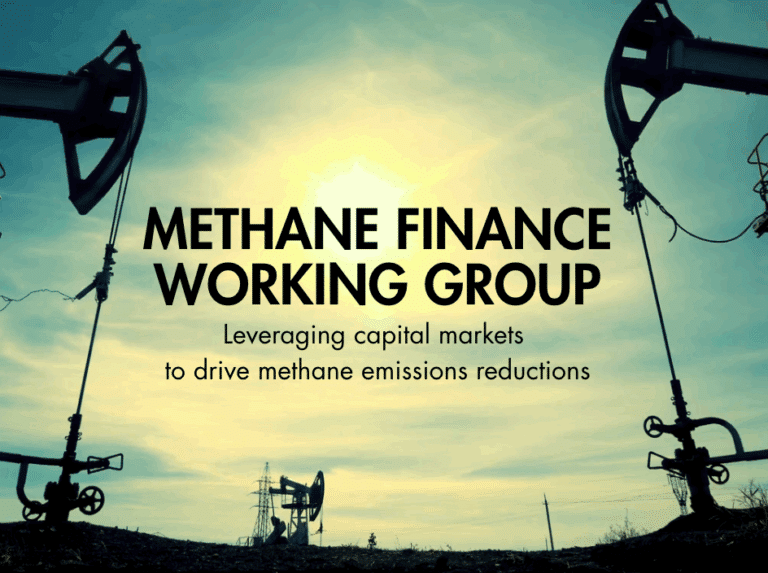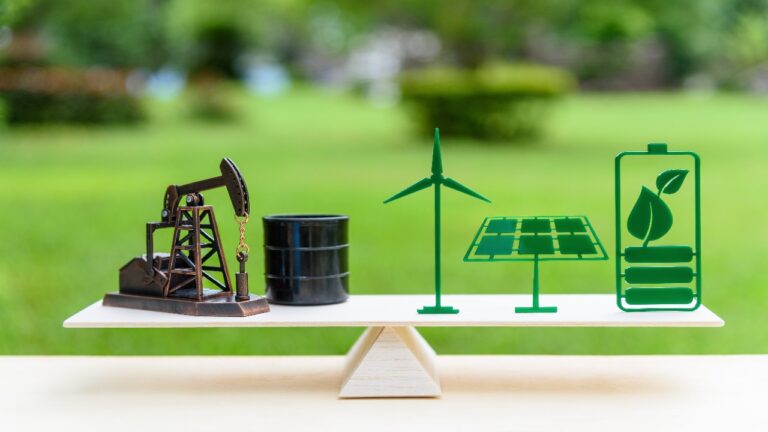Kuwait looks to the cloud as power grid feels the strain
Kuwait has invited bids to construct three power substations that will supply electricity to Google Cloud data storage centres
Current Access Level “I” – ID Only: CUID holders, alumni, and approved guests only
Chairman and CEO of Total Energies
The oil and gas industry is at a crossroads. With the impacts of climate change becoming more severe every year, it’s clear that fossil fuel consumption must decline to prevent global warming from crossing a dangerous threshold.
Yet oil and gas companies posted record returns in 2022, driven by volatility in the global market. Many are making more investments in clean energy technologies, but it’s still a small share of their total capital expenditures. As the transition to clean energy gains momentum, these firms are balancing the requirements of the energy transition and the realities of today’s fossil fuel-dependent economy.
How can oil and gas majors reduce emissions while continuing to meet the global demand for fossil fuels? What role do they have in a clean energy transition? And how do their leaders see their position in an increasingly fractious and volatile global energy system?
This week host Jason Bordoff talks with Patrick Pouyanné.
Patrick is the Chairman and CEO of Total Energies, a French multinational oil and gas company and one of the world’s seven supermajors. He has served in this role since 2014.
Since his appointment, Patrick has overseen a diversification of his company’s portfolio, signified by its name change from Total to Total Energies in 2021. He has continued to expand Total Energies’ oil and gas business, pursuing new projects in Qatar, Mozambique, Uganda, and elsewhere. In the process, Patrick has emerged as a highly influential– and sometimes controversial– voice in the industry.
This episode of the Columbia Energy Exchange is a recording of a live, in-person conversation that took place on April 12th during the Columbia Global Energy Summit 2023.
From the affordability crisis and the data center boom, to the US government’s campaign to reinvigorate the Venezuelan oil market, energy is dominating headlines in unusual ways. And...

Great power competition—particularly between the United States and China—is intensifying. This rivalry is reshaping everything from technology supply chains and energy security to the future of artificial intelligence. ...

Early on January 3, 2026, the United States apprehended Venezuelan President Nicolás Maduro and his wife and removed Maduro from power. Maduro was transported to New York, where he now faces federal charges of narco-terrorism and drug trafficking.

This has been a crucial year for US energy policy. The passage of the One Big Beautiful Bill Act eliminated many of the clean energy incentives that were...

CGEP scholars reflect on some of the standout issues of the day during this year's Climate Week

Human-caused methane emissions have contributed to at least one quarter of global warming since the preindustrial era. Since methane is 80 times more potent than carbon dioxide (CO2) in trapping heat over the first two decades after its release, abating methane is considered a critical near-term strategy for reducing emissions.[

President Donald Trump's first official foreign policy trip, as in his first term, was to Saudi Arabia earlier this month, with additional stops in Qatar and the United Arab Emirates.

PetroStates and ElectroStates clash as fossil fuels and clean energy reshape global power, strategy, and alliances.
